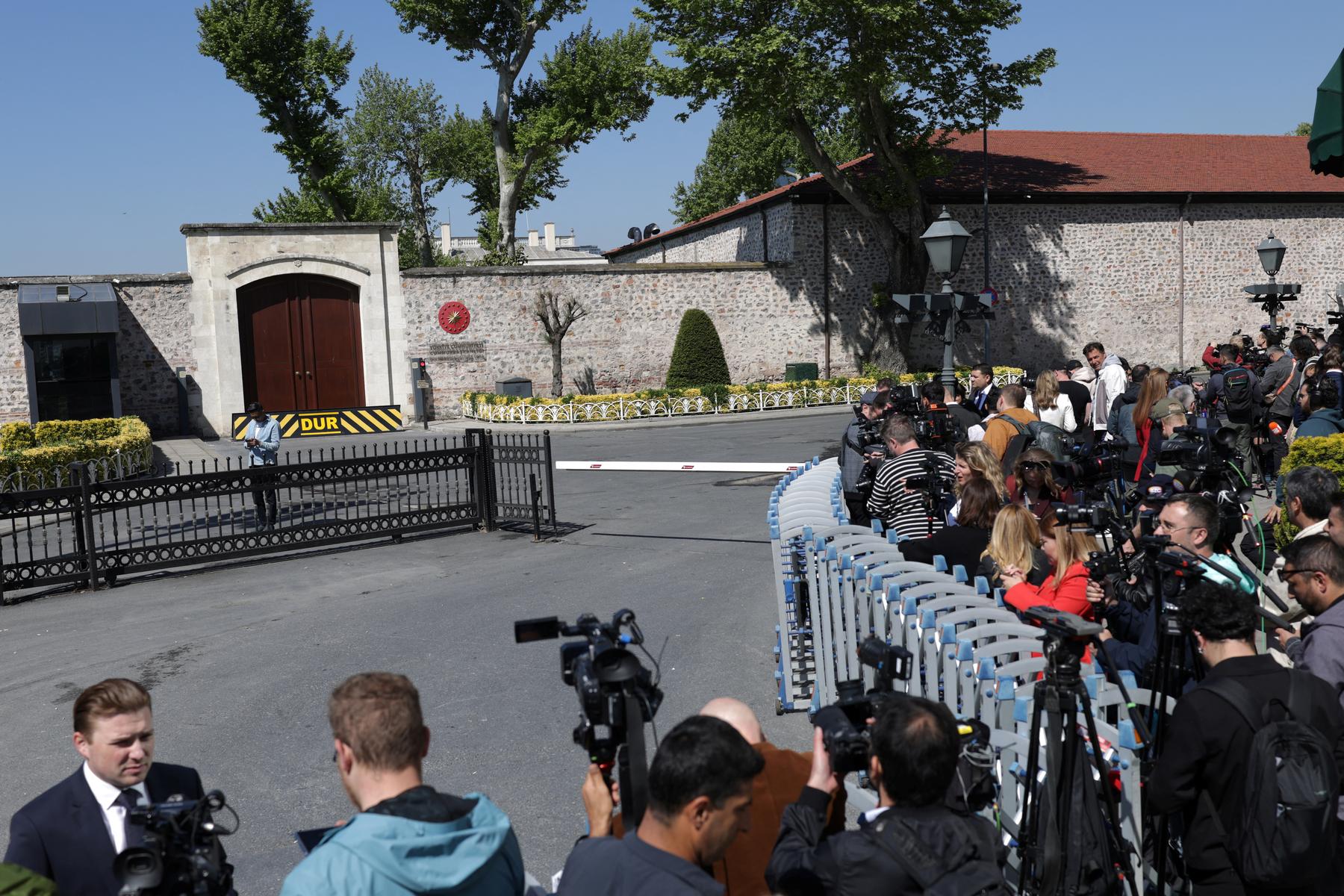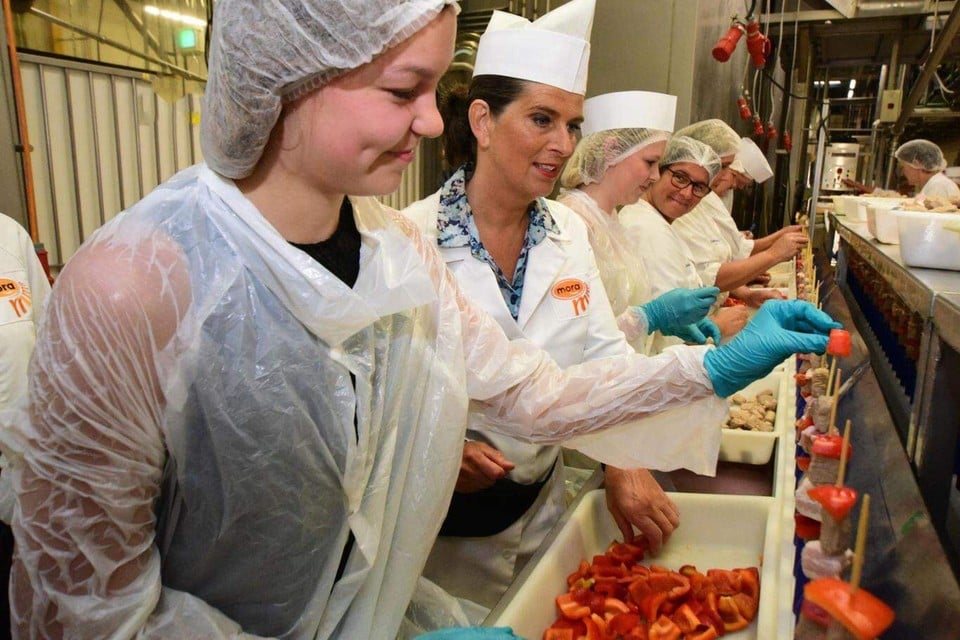Americans worry about the growth of measles and Trump measures

| Only 31% of those answered in the two -day study responds positively to the question that the administration is dealing with the measles epidemic. 40% disagree and the rest are not sure or cannot answer. |
The United States is currently fighting the largest outbreak of 2 years, with cases of 1,000 people crossing last week.
The measles, mumps and rubella vaccine (MMR) prevents 97% of cases after two doses, and the larger administration of the MMR vaccine has led to the announcement of the disease eliminated in 2000 by the World Health Organization.
The WHO has called Europe for an emergency vaccination against measles
However, vaccination levels among children in the United States have declined in recent years, which experts have attributed to skepticism and misinformation for vaccines.
This is the time of the first months of the Covid pandemic. About 13% of respondents say they are not sure of their children, which marks a difference of 10% five years earlier.
The latest study involved 1163 elderly Americans, with the percentage of statistical error being within 3 percentage points.
| Experts are worried that comments against vaccines from Health Minister Robert Kennedy Jr. who makes mixed messages about the seriousness of the disease and the effectiveness of the Wexins, can further lead to abstinence from vaccination among Americans. |
Dr. Sean O’Lery, chairman of the Committee on Infectious Diseases at the American Academy of Pediatrics, said he was encouraged by the high level of confidence in the MMR vaccine, given the messages of the Trump administration.
« I feel a little better because the public realizes that much of the information it is currently hearing from the administration is not true, » O’Lery said.
Kennedy, who took over the highest-ranking healthcare post in February, says it is not against vaccines, which he believes are the best way to prevent measles.
US vaccinations percentage declined
- During the 2019-2020 academic year, 95.2% of children in a nationwide kindergarten preparatory group have completed a two-dose vaccination series against measles, mumps and rubella (MMR). This is above the threshold of 95%needed to protect the non -via the so -called. Collective immunity, according to the Centers for Disease Control and Prevention (CDC).
- In 2023-2024 the level of measles vaccination decreased to 92.7%, according to CDC data.
| In some states, there are outbreaks of pattern with even lower levels of vaccination. In Gaines County, Texas – epicenter of an epidemic that infected over 700 people and took the lives of two unvaccinated children – only 82% of children in a preparatory group are completely vaccinated. |
The Texas epidemic has also spread to the States of Kansas, Oklahoma and New Mexico, where an adult died of the disease.
Dr. Amesh Adalya, a senior researcher at the Center for Health Security at Jones Hopkins University, said most Americans trust the MMR vaccine, which is reflected in high levels of vaccination. According to him, the problem is that national vaccination data can conceal parts of the United States with a very low vaccination.







